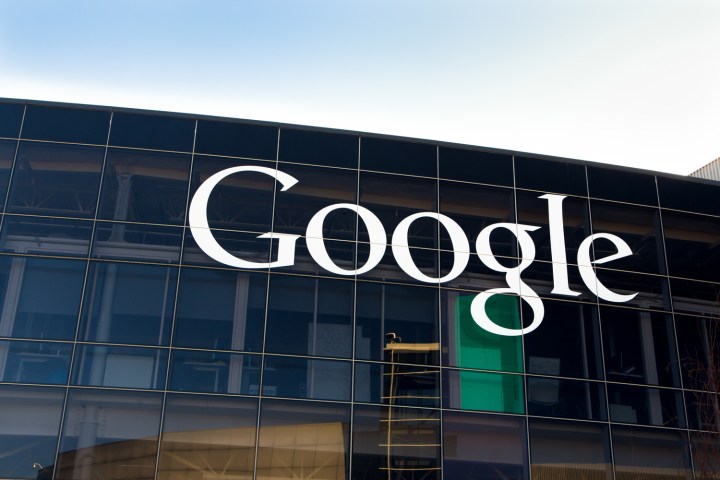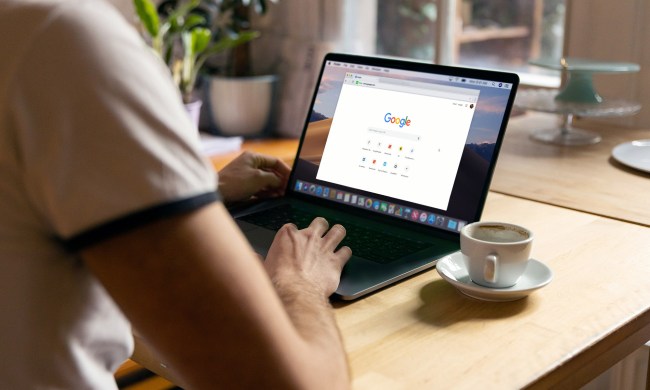
Google AdWords, the company’s online advertising service, will soon display four ads above organic search results, no ads to the right of search results, and three additional ads below search results, according to The SEM Post. This follows Google’s tests displaying four ads atop search results observed in December.
The removal of ads in the right sidebar of results means Google’s desktop search results pages will look a lot more like mobile search results pages, which are displayed in a single column for obvious reasons. It also means advertisers will have to cough up a premium for the smaller number of available ad slots on search results pages, especially the four spots atop search results.
“Our cost-per-clicks are going to go up because we’re going to bid aggressively to be on the first four,” Shreya Kushari, SVP of search marketing for ad agency DigitasLBi told Re/code.
Google’s Product Listing Ads (PLAs) will be the exception and still appear in the right column of more commercial search results. The Knowledge Panel, which shows business information, will also appear in the right sidebar of desktop search results.
“We’ve been testing this layout for a long time, so some people might see it on a very small number of commercial queries,” a Google spokesperson told The SEM Post. “We’ll continue to make tweaks, but this is designed for highly commercial queries where the layout is able to provide more relevant results for people searching and better performance for advertisers.”
The change is global and will affect all languages, according to Google. The rollout of the new desktop search results pages is expected to finish February 22.

